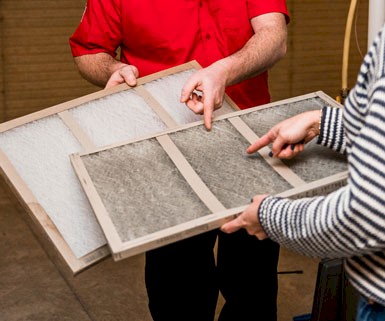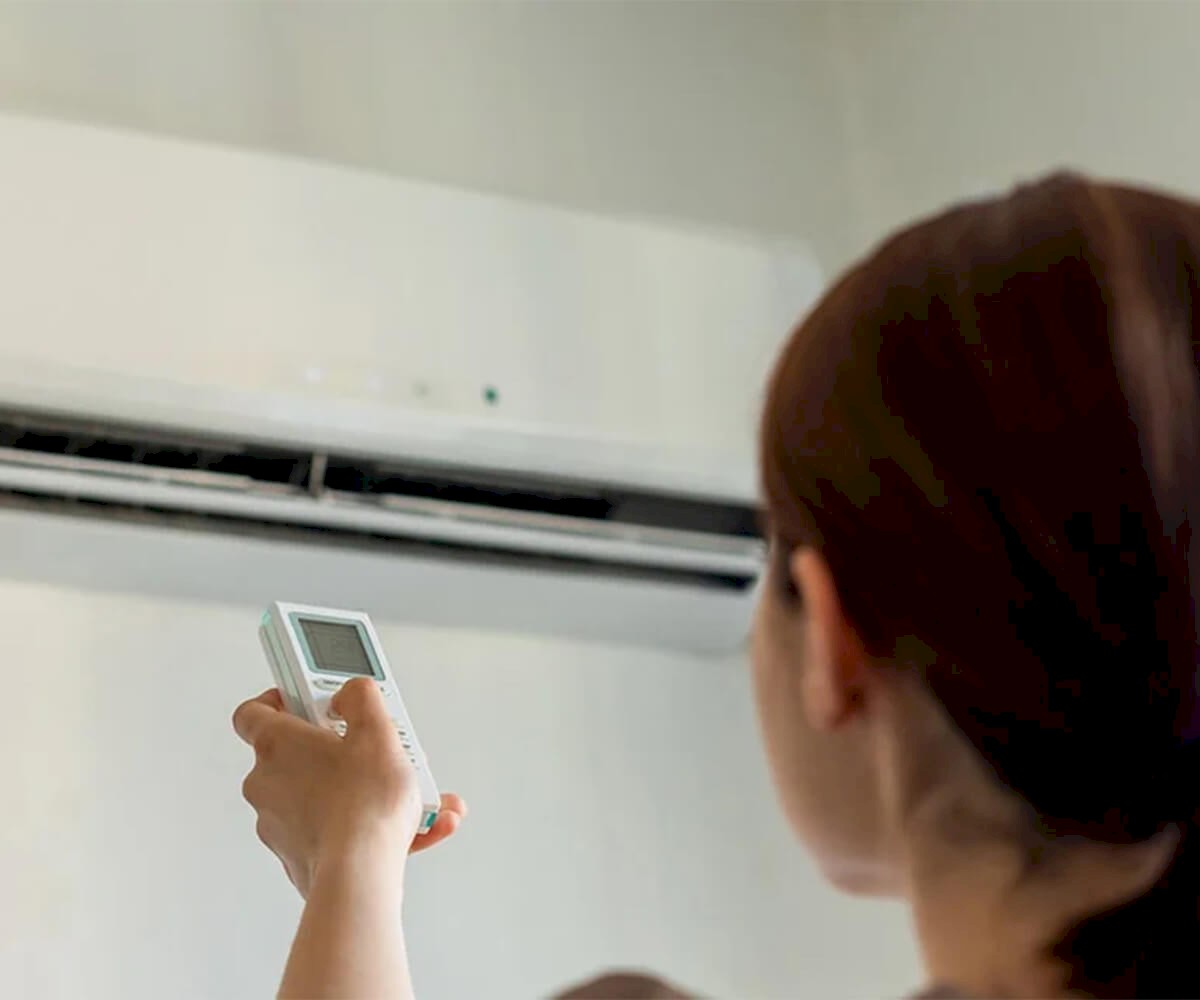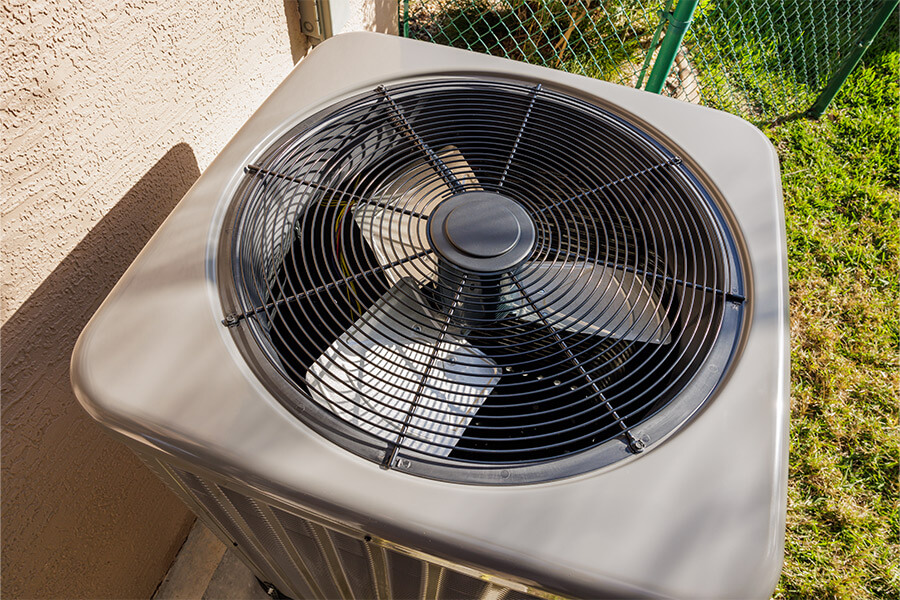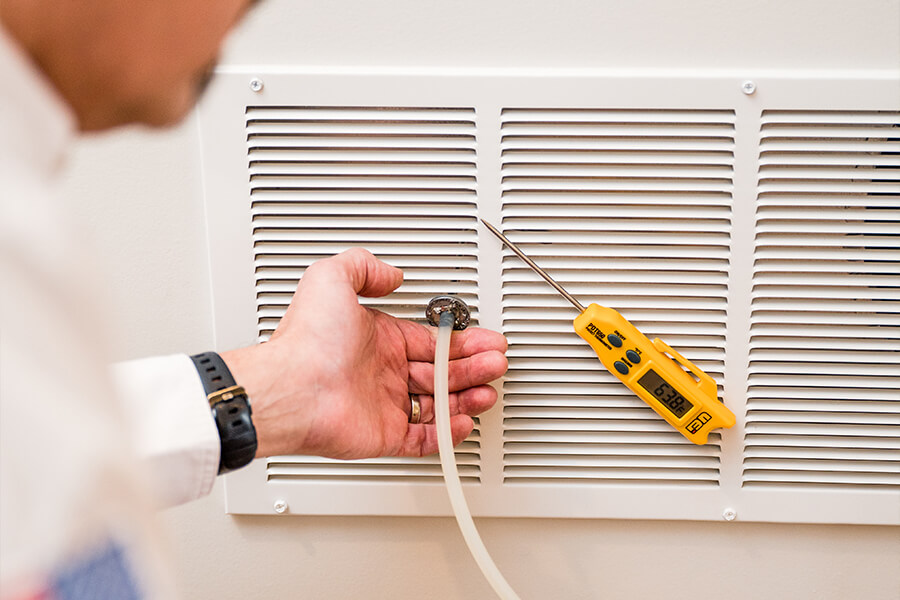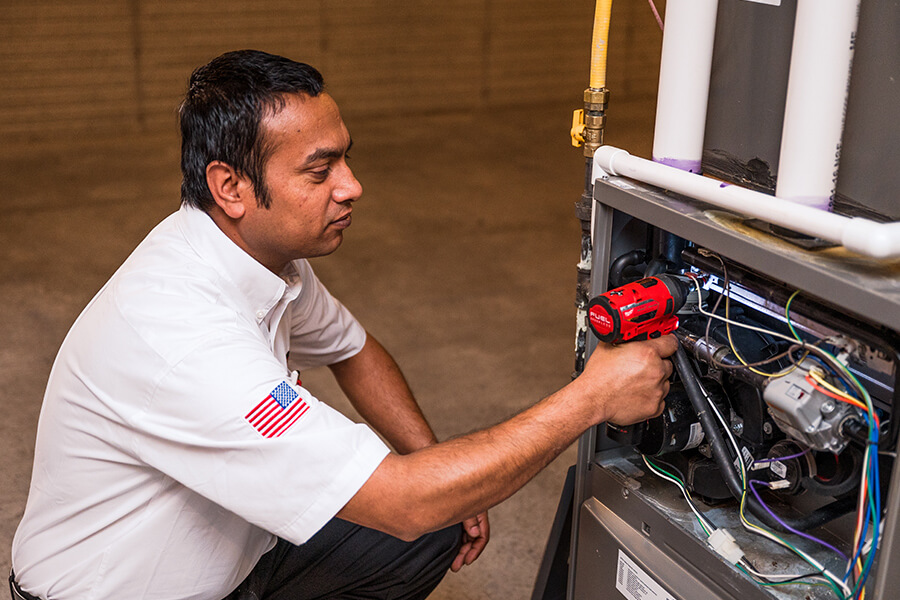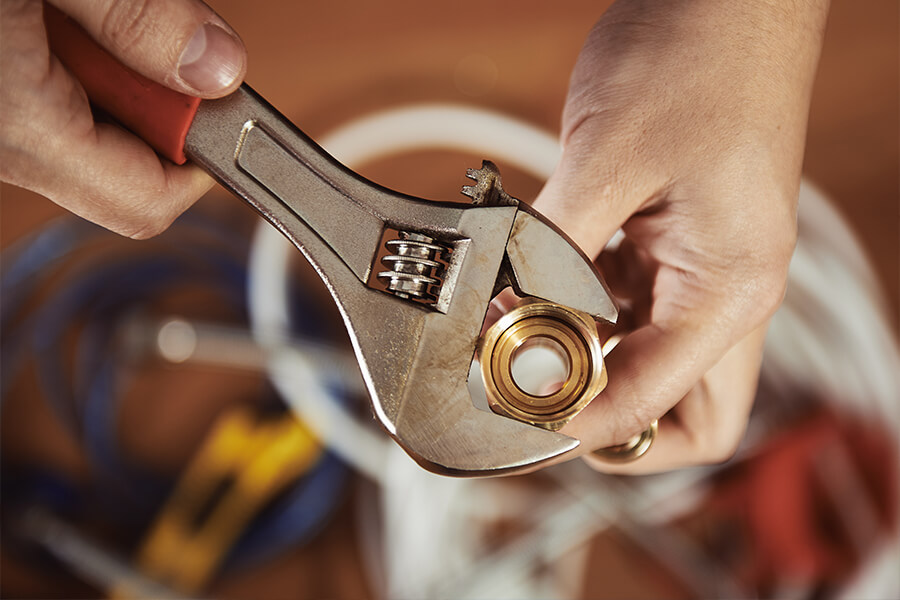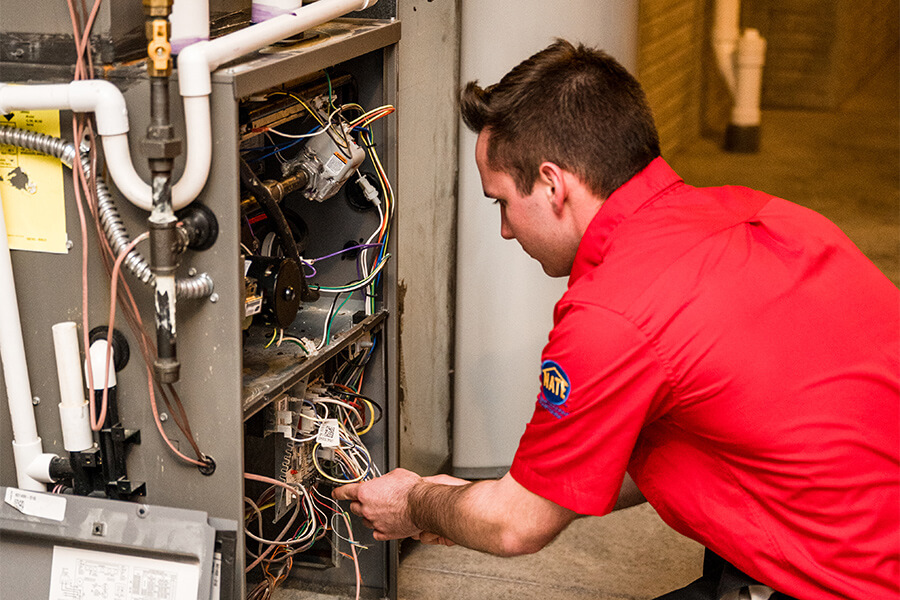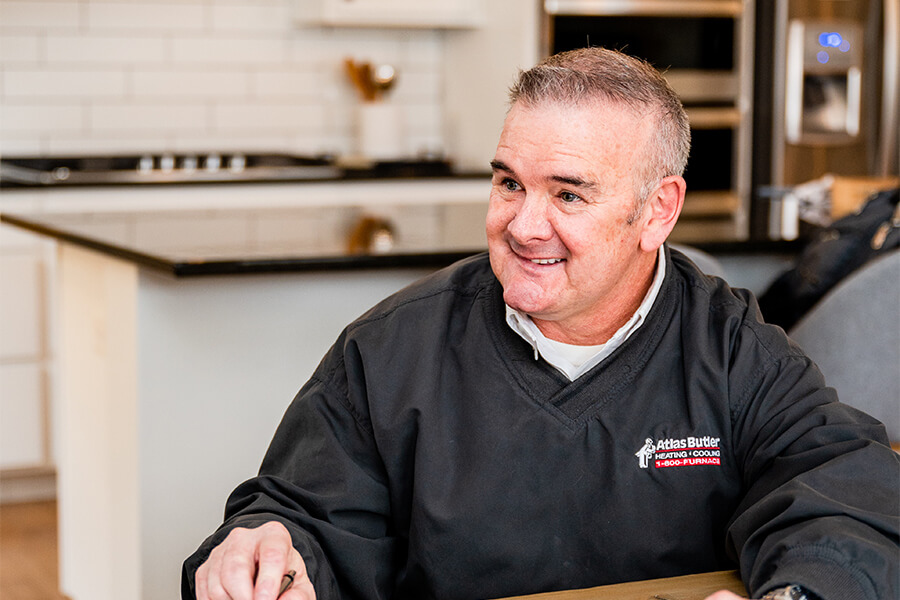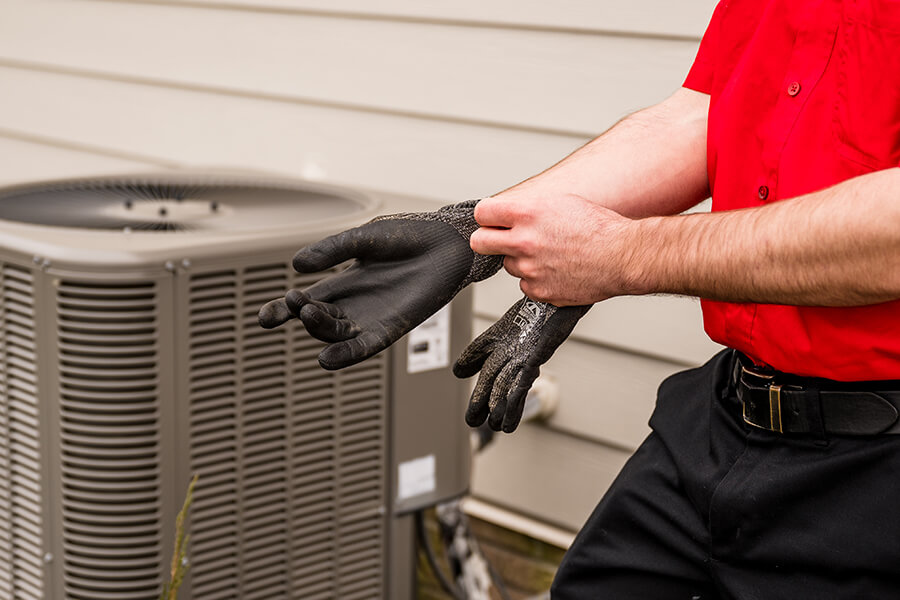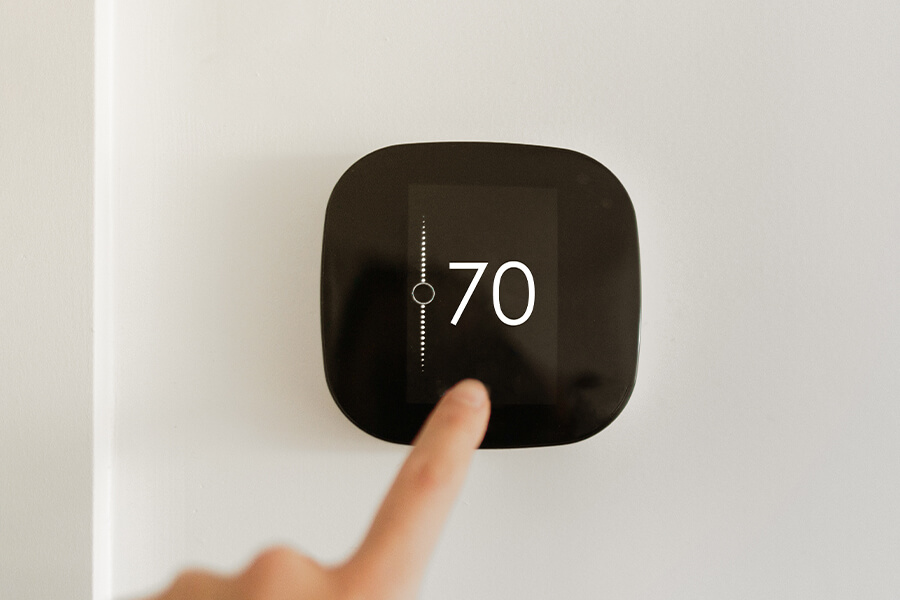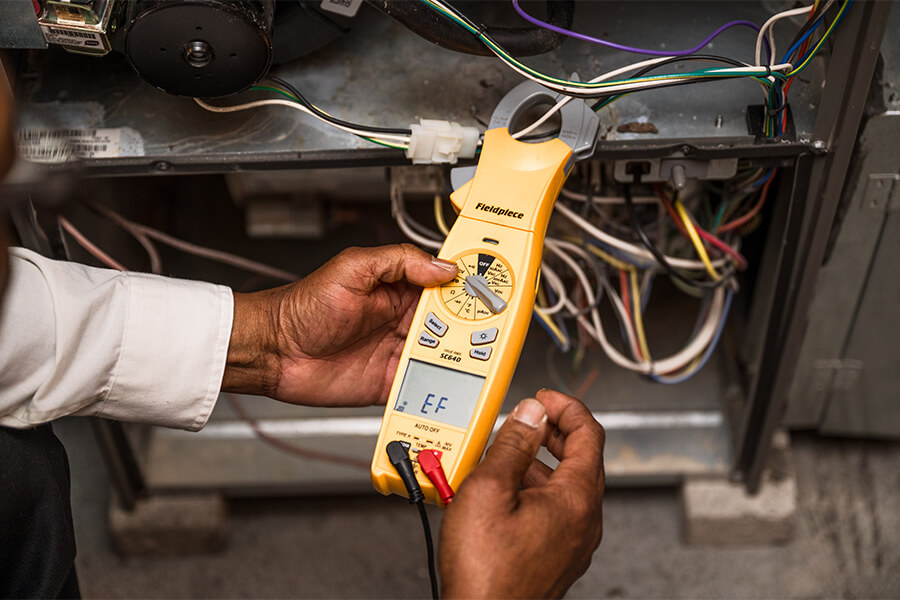Heating & Cooling Services
- Call 24/7
- Certified Techs
- 2 HR Service Window
- Service All Brands
- No After Hours Fees
- Financing Available
Commit to Comfort
We carry the top heating and cooling products for every budget, and are dedicated to finding the right solution for your home.
The weather is unpredictable.
Our team isn't.
Spring is the season of all seasons. Whether it’s raining, snowing or record-high temps, now is the perfect time to call for a plumbing and A/C maintenance check.

Quality repairs and timely service guaranteed.
We are the only heating, cooling and plumbing company that can guarantee to have you back up and running within 24 hours of your call more than 95% of the time. Read our full Comfort Pledge to learn about everything we do to guarantee your comfort.

Join the club.
Enjoy the savings.
Join the Comfort Club and get priority scheduling and access to exclusive money-saving offers all year long.
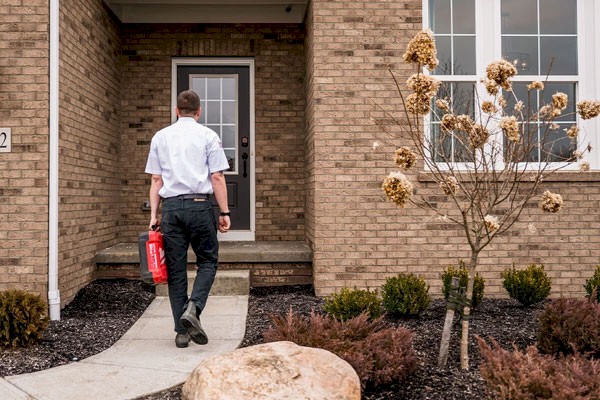

Financing Available
Find out if you qualify for financing to ensure your home is comfortable and your cost is manageable.

